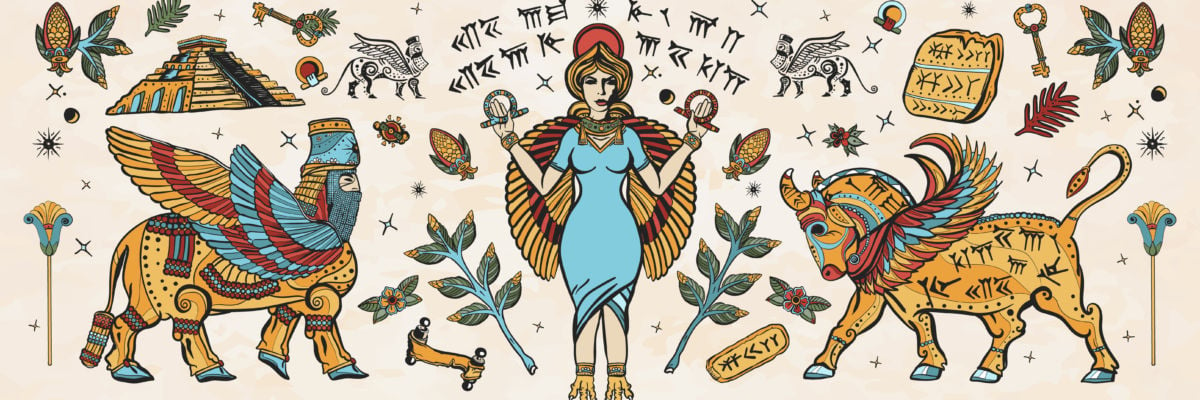
DAY 171
CHALLENGE
“Easter is a pagan holiday. Its timing is based on the full moon and the spring equinox, and it’s named after the goddess Ishtar.”
DEFENSE
Easter’s origins are Jewish. It is the Christian equivalent of Passover.
The word “Easter” is of English origin. Ishtar was worshipped in Mesopotamia (modern Iraq), not England, which is thousands of miles away. Despite sounding similar, the two words are unrelated.
The eighth-century British historian Bede claimed the word “Easter” came from the name of the month in which it occurred (basically, April). He said this month used to be called “Eostur,” though this was no longer true in his day. He also thought the month was named after a Germanic goddess who was no longer worshipped (The Reckoning of Time 15).
Bede is the only source who mentions this goddess, so he may be incorrect. Regardless, this applies only to the origin of the English word—not the origin of the feast. Its origin is revealed by its name in other languages. In Italian, it’s Pasqua; in Spanish, Pascha; in Portugese, Páscoa; in French, Pâques; in Danish, Paaske; in Dutch, Pasen; in Swedish, Påsk; and so on. All of these derive from the Latin Pascha or Greek Paskha, both of which are words for the Jewish feast of Passover (Hebrew, Pesakh).
The event Easter celebrates is the Resurrection of Jesus, and it is celebrated in conjunction with Passover because Jesus was crucified at Passover and rose the following Sunday (John 19:14–18, 20:1–20).
The reason Easter’s timing is based on the full moon after the spring equinox is because that was the timing of Passover on the Jewish calendar. The Law of Moses requires Passover to be celebrated on the fourteenth of the month of Nisan (Lev. 23:5). This is a spring month that contains the equinox, and because the Jewish months begin on the new moon, the fourteenth fell on the full moon. The timing of the feast thus is Jewish, not pagan.
What is ultimately important is what Easter signifies today—the Resurrection of Jesus—not where it came from.
TIP
The mistake of judging something based on where it came from rather than what it is has been called “the genetic fallacy.”



